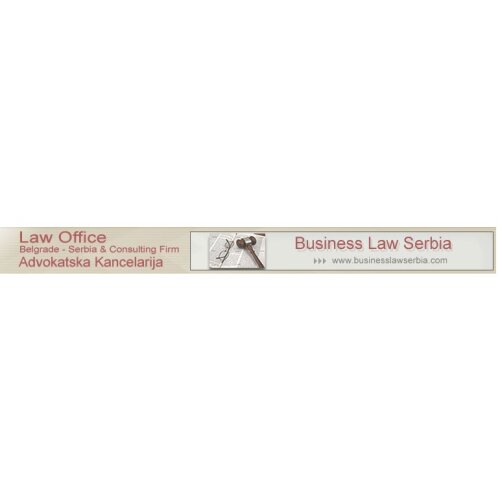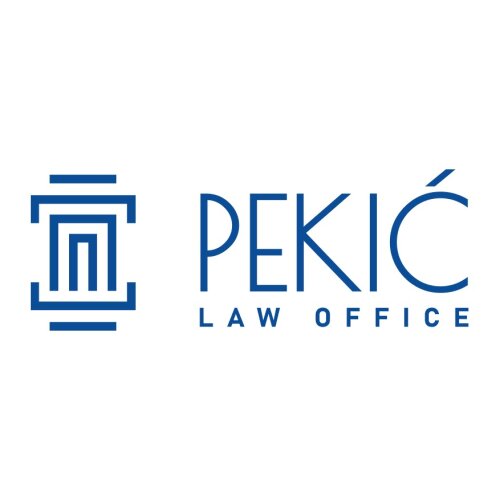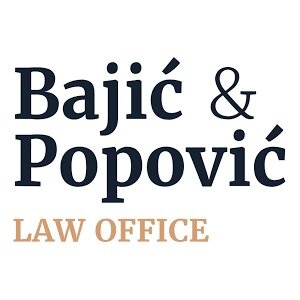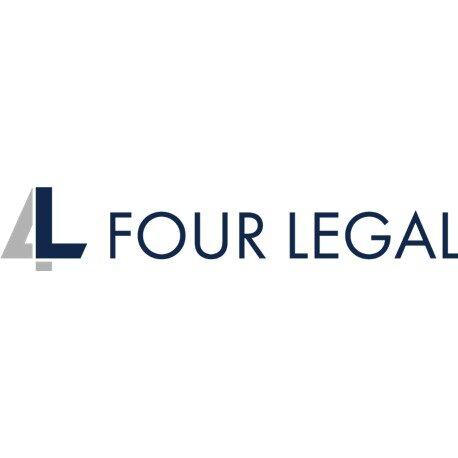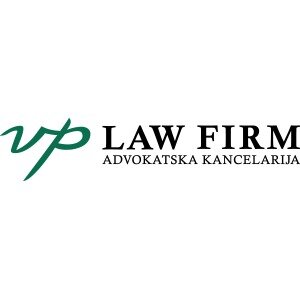Best Renewable & Alternative Energy Lawyers in Serbia
Share your needs with us, get contacted by law firms.
Free. Takes 2 min.
Or refine your search by selecting a city:
List of the best lawyers in Serbia
Legal guides written by Business Law office - Advokatska Kancelarija:
- Why Invest In Serbia
About Renewable & Alternative Energy Law in Serbia
Renewable and alternative energy has become an increasingly important sector in Serbia as the nation strives to diversify its energy sources and comply with European Union standards. The Serbian government is actively encouraging investment in renewable energy including solar, wind, hydro, biomass, and geothermal. The legal framework supporting renewable energy projects is continually evolving, offering various incentives but also requiring compliance with numerous regulations. Robust policies and laws are in place to promote a greener energy mix, improve energy efficiency, and facilitate the integration of renewables into the national grid.
Why You May Need a Lawyer
Navigating the legal landscape of renewable and alternative energy in Serbia can be challenging. Individuals, companies, and investors often require legal assistance in the following situations:
- Obtaining permits for renewable energy projects such as solar farms or wind turbines
- Understanding government incentives, feed-in tariffs, and subsidy schemes
- Drafting and negotiating contracts for the sale or purchase of energy
- Handling land acquisition and zoning issues for energy installations
- Ensuring environmental compliance and conducting impact assessments
- Addressing disputes between project stakeholders or with government authorities
- Navigating cross-border energy projects and investments
Legal guidance is essential to avoid costly mistakes, ensure regulatory compliance, and streamline the often complex approval processes involved in renewable energy development in Serbia.
Local Laws Overview
Serbia has established a comprehensive set of laws and regulations aimed at promoting renewable and alternative energy. The key legal documents and institutions include:
- Energy Law: The foundational law that regulates all aspects of energy production, distribution, and trade. This law establishes the legal status of renewable sources and sets the framework for their promotion.
- Law on the Use of Renewable Energy Sources: This law details the rights, obligations, incentives, and procedures associated with renewable energy projects.
- Feed-in Tariffs and Auctions: Serbia uses a system of feed-in tariffs, later shifting toward auctions to determine the price for energy generated from renewables. These agreements set guaranteed prices for energy producers for a specific period.
- Permit and Licensing Procedures: Developing a renewable energy project requires numerous permits from national and local authorities, covering everything from land use to environmental impact.
- Environmental Regulations: Strict environmental protections are applied, including mandatory impact assessments before construction can begin.
- International Commitments: Serbia is a member of the Energy Community and is aligning its regulations with EU renewable energy directives.
Keeping up with frequent legislative changes is crucial for anyone involved in the renewable energy sector in Serbia.
Frequently Asked Questions
What is considered renewable energy in Serbia?
Renewable energy in Serbia includes electricity or heat generated from naturally replenishing sources such as solar, wind, hydro, biomass, and geothermal energy.
What permits are required to build a renewable energy facility?
Developers must secure various permits including construction, operation, environmental clearance, and often specific approval from the Energy Agency of the Republic of Serbia.
Are there incentives for investing in renewable energy?
Yes, Serbia offers different forms of incentives such as feed-in tariffs, premium tariffs, tax benefits, and favorable loan conditions for renewable energy projects.
How long does it take to obtain all necessary permits?
The permitting process can vary but may take several months to over a year depending on project complexity, technology, and location.
Can foreign investors participate in renewable energy projects?
Yes, foreign legal and natural persons have the right to invest in, own, and operate renewable energy facilities in Serbia, subject to local laws.
Are power purchase agreements common in Serbia?
Yes, power purchase agreements (PPAs) are commonly used to guarantee the sale of energy generated by renewable projects, often linked with incentive schemes.
What are the environmental requirements for renewable projects?
Environmental impact assessments are mandatory for most renewable energy projects, ensuring protection of local ecosystems and compliance with the law.
How does grid connection work for renewable projects?
Developers must apply for grid connection approval, and grid operators are obligated to connect renewable energy projects if conditions are met.
Is there a limit on the size of renewable projects?
There are no formal upper limits but different procedures and incentives may apply depending on the installed capacity of the project.
Who regulates the renewable energy sector in Serbia?
The Energy Agency of the Republic of Serbia and the Ministry of Mining and Energy are the primary regulatory authorities overseeing renewable energy activities.
Additional Resources
For further information, guidance, or support, you can reach out to these organizations and bodies:
- Ministry of Mining and Energy of the Republic of Serbia
- Energy Agency of the Republic of Serbia (AERS)
- Chamber of Commerce and Industry of Serbia - Energy Association
- Renewable Energy Sources Association of Serbia (RES Serbia)
- European Bank for Reconstruction and Development (EBRD), Regional Energy and Environmental Programs
- Serbian Business Registers Agency - for company and project registration
Next Steps
If you need legal assistance in the field of renewable and alternative energy in Serbia, consider the following actions:
- Clearly define your project goals and gather all basic documentation such as land titles and project descriptions.
- Identify the specific legal challenges or questions you face - this will help a lawyer provide targeted advice.
- Seek out a lawyer or law firm with proven expertise in renewable energy projects and Serbian energy law.
- Arrange an initial consultation to discuss your situation, relevant deadlines, and compliance requirements.
- Stay updated on any changes in Serbian renewable energy law that could impact your project.
A knowledgeable legal professional will simplify the process, protect your interests, and increase your project's chance of success within Serbia's renewable energy sector.
Lawzana helps you find the best lawyers and law firms in Serbia through a curated and pre-screened list of qualified legal professionals. Our platform offers rankings and detailed profiles of attorneys and law firms, allowing you to compare based on practice areas, including Renewable & Alternative Energy, experience, and client feedback.
Each profile includes a description of the firm's areas of practice, client reviews, team members and partners, year of establishment, spoken languages, office locations, contact information, social media presence, and any published articles or resources. Most firms on our platform speak English and are experienced in both local and international legal matters.
Get a quote from top-rated law firms in Serbia — quickly, securely, and without unnecessary hassle.
Disclaimer:
The information provided on this page is for general informational purposes only and does not constitute legal advice. While we strive to ensure the accuracy and relevance of the content, legal information may change over time, and interpretations of the law can vary. You should always consult with a qualified legal professional for advice specific to your situation.
We disclaim all liability for actions taken or not taken based on the content of this page. If you believe any information is incorrect or outdated, please contact us, and we will review and update it where appropriate.
Browse renewable & alternative energy law firms by city in Serbia
Refine your search by selecting a city.




